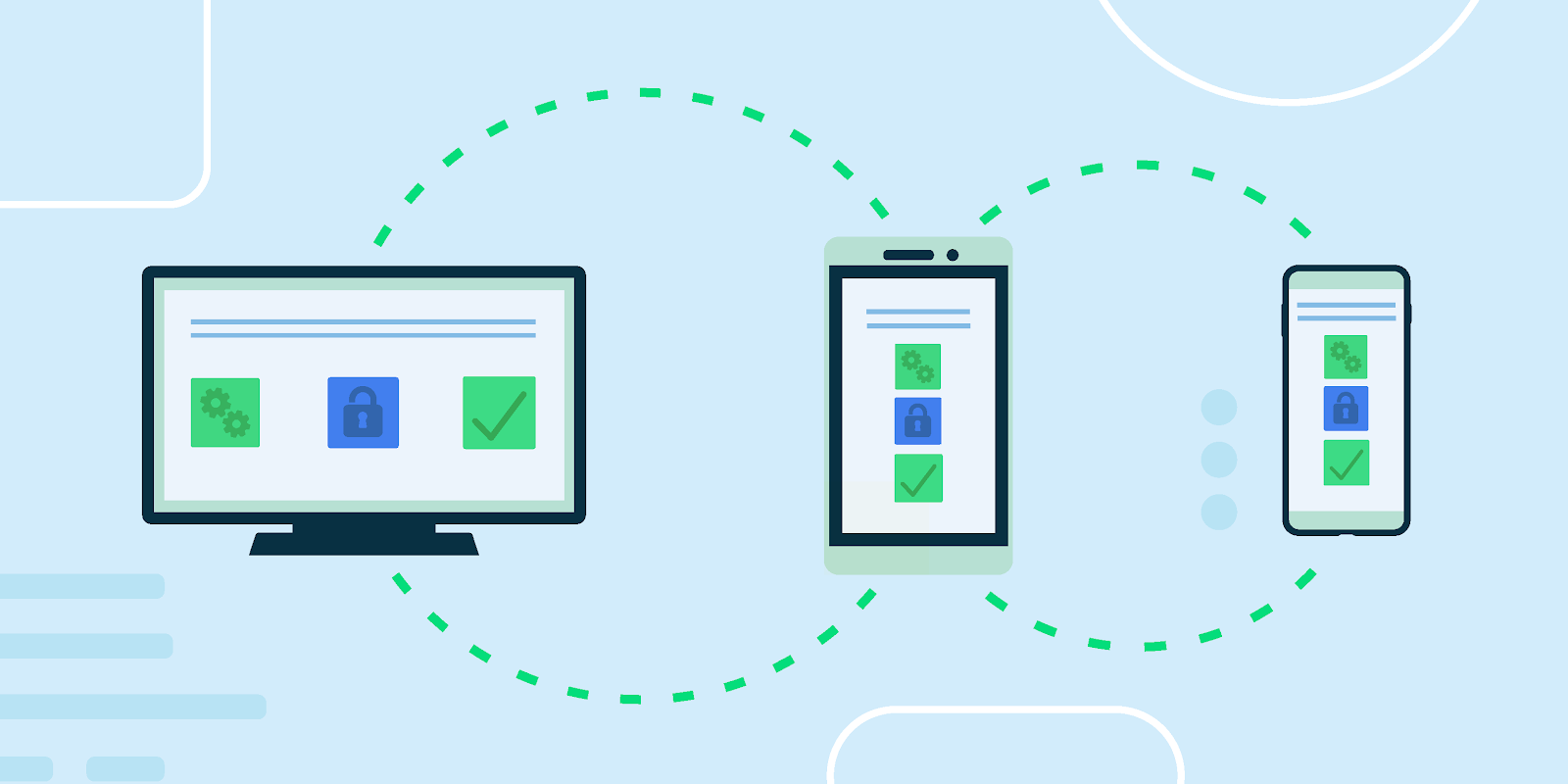 ☰
🔍
☰
🔍
05 Mayıs 2023
 Posted by Sanat Kamal Bahl, Product Manager, Android Frameworks
Posted by Sanat Kamal Bahl, Product Manager, Android Frameworks
Since its inception, Android has been designed to be the world’s first open and innovative platform for mobile devices.
Today, Android powers a rich and open ecosystem of devices serving billions of users around the world. The openness of the Android platform enables innovation in new mobile form factors like foldable phones. This openness also enables smart features in cars, watches, and televisions. While this openness unlocks great opportunities, with so many unique devices, it can make your life harder as a developer. One such challenge we have heard from the community involves restrictions on foreground services and background work that make it harder for you to create apps that work across different device models.
Looking to solve these consistency challenges, we are announcing deeper partnerships with Android hardware manufacturers to help ensure APIs for background work are supported predictably and consistently across the ecosystem. We are excited to announce that Samsung, representing one of Android’s longest partnerships, is our first partner on this journey:
“To strengthen the Android platform, our collaboration with Google has resulted in a unified policy that we expect will create a more consistent and reliable user experience for Galaxy users. Since One UI 6.0, foreground services of apps targeting Android 14 will be guaranteed to work as intended so long as they are developed according to Android's new foreground service API policy.” - Samsung
As mentioned in the Android 14 Developer Preview 1 blog post, we have:
- A new requirement to declare foreground service types and request type-specific permissions, which clarify when it's reasonable to use foreground services.
- The new user-initiated data transfer job type, which makes the experience of managing large user-initiated uploads and downloads smoother by leveraging JobScheduler's constraints (e.g. network constraints such as unmetered WiFi).
- New Google Play policies to ensure appropriate use of foreground services and the user-initiated data transfer jobs.
We believe our expanding partnerships with hardware manufacturers and these changes will make it easier for developers to create apps that work consistently across different Android devices.
We encourage you to try the new Android 14 APIs and let us know what you think using the Android 14 Issue Tracker. We welcome you to contribute to CTS-D tests to help catch consistency issues. Lastly, If you see behavior differences across Android devices, be sure to file a ticket using goo.gle/devicespecificissue to bring it to our attention.